
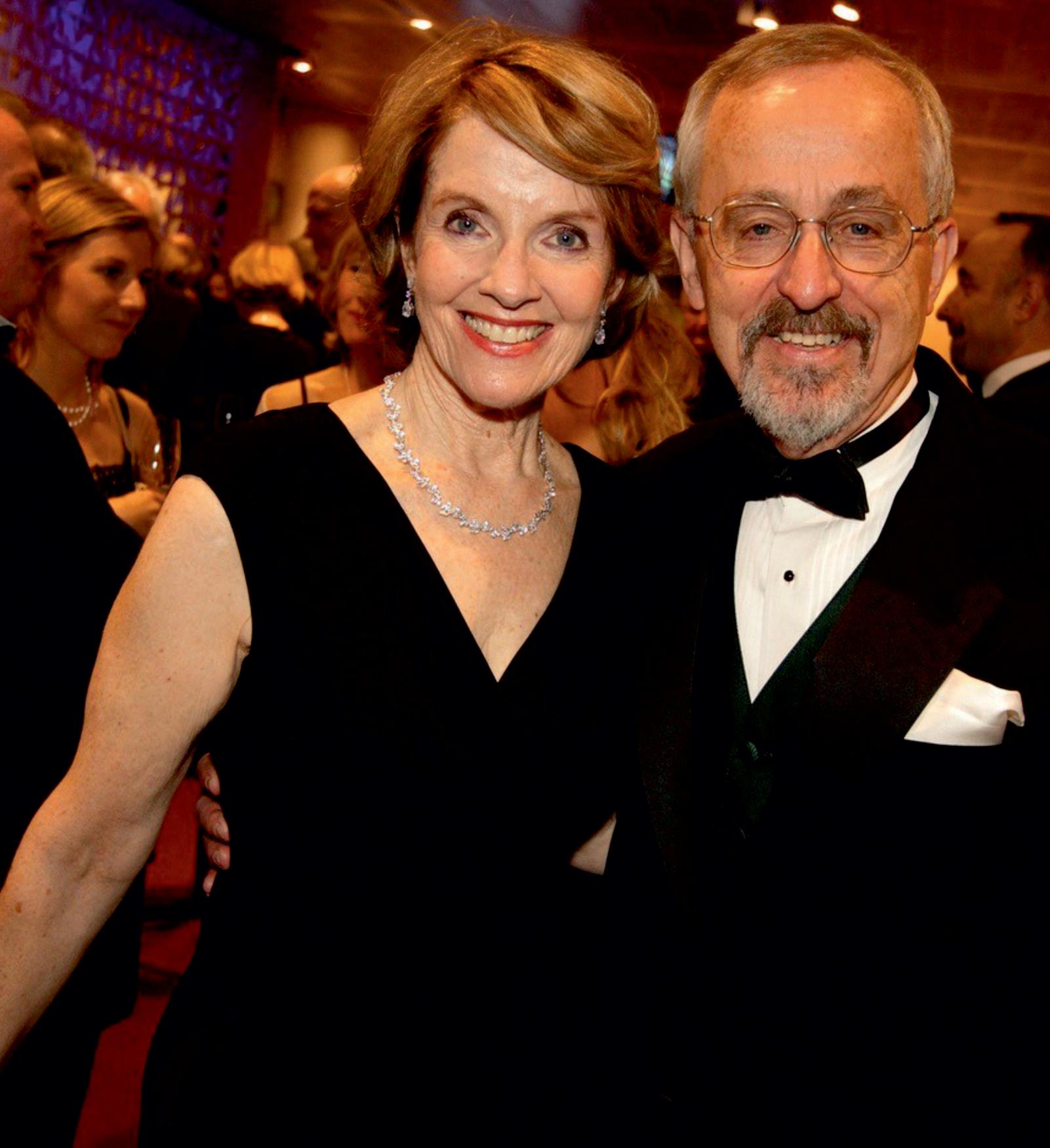
Richard Larson MIT Professor

BECAUSE YOUR STORY DESERVES THE SPOTLIGHT

e r s p e c t i v e



Richard Larson MIT Professor

BECAUSE YOUR STORY DESERVES THE SPOTLIGHT

e r s p e c t i v e
Globaleducationleadersaretrailblazerswhoshapethefutureoflearning
on a worldwide scale Through vision, innovation, and unwavering dedication,theyexpandaccesstoqualityeducation,promoteequity,and foster excellence across diverse contexts These leaders integrate disciplines, cultures, and technologies to address complex challenges, ranging from STEM educationanddigitallearningtopolicydevelopmentandcapacitybuilding.By mentoringeducators,influencinginstitutions,andempoweringstudentsglobally, they create a lasting impact that extends far beyond the classroom, nurturing a generationpreparedtodriveprogress,innovation,andsocialtransformation Prof Richard Larson exemplifies such visionary leadership, having profoundly transformed the field of education through his pioneering research and innovativeinitiatives.
Enterprise Review in its recent edition titled Leadership Stories: Inspiring Journeys of Global Icons- 2025 features Professor Richard Larson, a distinguishedacademicwhosefive-decadetenureatMIThasredefinededucation
Asaprofessor,researcher,author,andmentor,Larsonexemplifieshoweducation extendsbeyondknowledgetransfertodrivemeaningfultransformation Guided by patience, empathy, and strategic foresight, he has shaped the careers of numerous students who now lead in academia, government, and industry His
interdisciplinary work in operations research, urban systems, disaster planning, and technology-enabled learning underscores his dedication to applyingscholarshiptoreal-worldchallenges.
AsapioneerofinitiativessuchasMIT’sBLOSSOMSprogram,Larsonhas promoted scalable, technology-enhanced education, expanding access to STEM learning for students around the world His teaching philosophy focuses on engagement, mentorship, and empowerment, ensuring that studentsnotonlyunderstandconceptsbutalsocultivatecriticalthinkingand problem-solvingskills.Withglobalrecognitionthroughnumerousawards andpublications,Larson’sinfluencereachesbeyondresearchandclassroom teaching He is widely regarded as a visionary educator who inspires curiosity, fosters talent, and demonstrates that education pursued with purposeisoneofhumanity’smostenduringinvestments
Haveagreatreadahead!


16
22
Reshaped Education with Passion, Vision and Innovation
The Front Page Exclusive Industry Insights
Empowering People
Modern Leadership Skills for Today’s Dynamic Workplace
Nurturing Cultures
Transformative Strategies for Modern Leadership
Editor-in-Chief
Merry D' Souza
Managing Editor Bill Limbert
Assisting Editor Joe Lee


www.twitter.com/enterprisereview.com/ www.facebook.com/enterprisereview.com/
Visualizer Stewart Jonas
Art & Design Director Robin Clarck
Associate Designer Authur Watson DESIGN


Vice President Jil Kendal
Asst. Vice President Kevin Johnson
Asst. Manager Robert Hanson
Business Development Executive Thomas E.
Email sales@enterprisereview.com For Subscription www.enterprisereviewmedia.com

Technical Head Andrea Jackson
Technical Specialist Mike Anderson
Technical Consultant Oliver Sutton TECHNICAL
SME-SMO
Research Analyst Wendy J.
SEO Lead Tasha L.
September, 2025
Copyright © 2025 enterprisereview, All rights reserved. The content and images used in this magazine should not be reproduced or transmitted in any form or by any means, electronic, mechanical, photocopying, recording or otherwise, without prior permission from enterprisereview Reprint rights remain solely with enterprisereview.



Reshaped Education with Passion, Vision and Innovation
MIT Professor
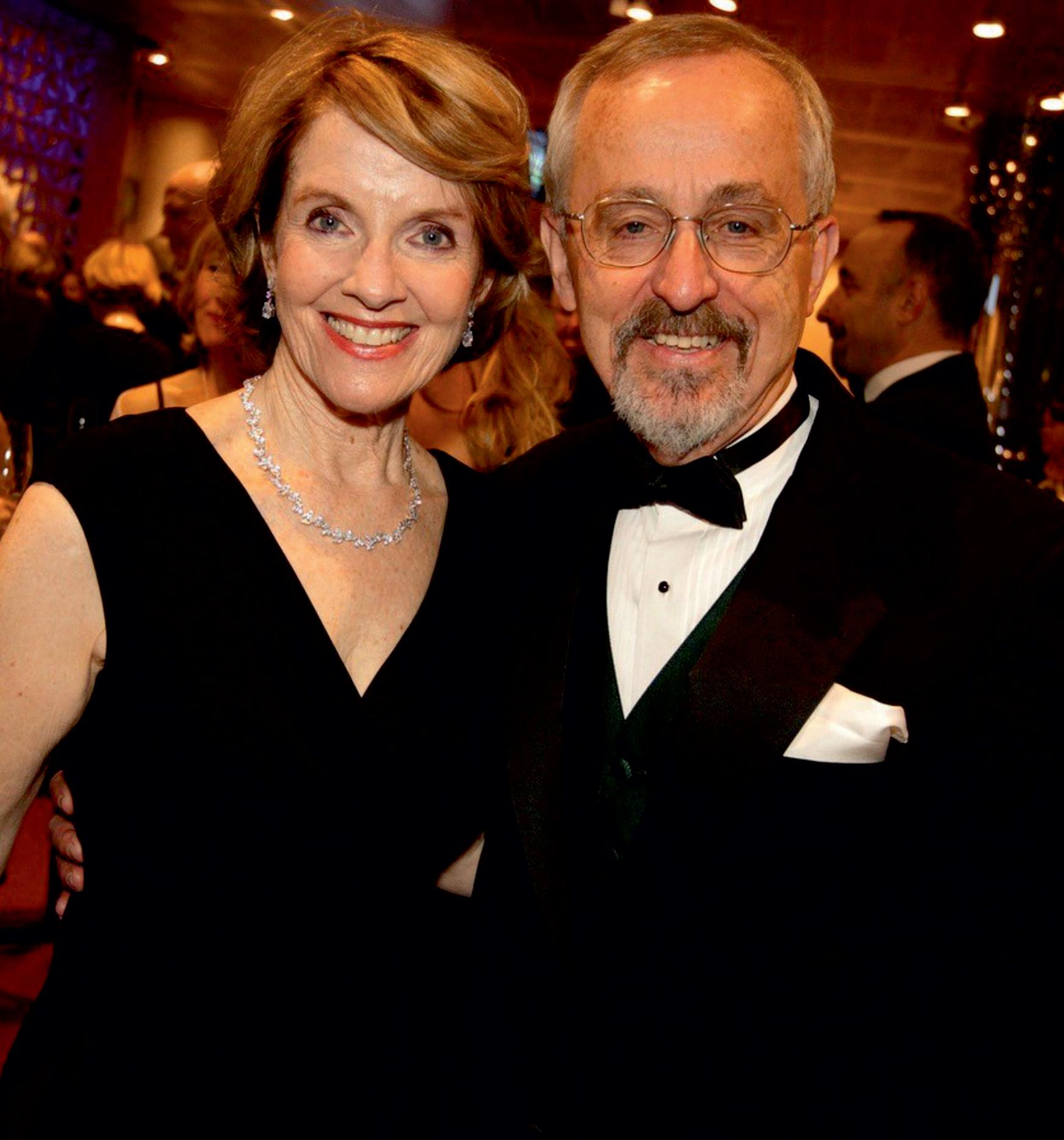

“Professor Larson has remained steadfast in his belief that impactful education requires patience, empathy, and strategic foresight.”

Educationisthestrongestforcethatcanupliftsocieties,
create equal opportunities, and drive long-term change It is a lifelong gift that no one can steal ProfessorRichardLarson,anacademicicon,firmlybelievesin thisprincipleandhascommittedoverfivedecadesofhislifeto reshapingthelandscapeofeducation Hisjourneyasaprofessor atMIT,aresearcher,anauthor,andamentor,exemplifieshow educationisnotjustaboutknowledgetransferbutalsoabout inspiringtransformation.
In a world often driven by quick returns and superficial achievements, Professor Larson has remained steadfast in his beliefthatimpactfuleducationrequirespatience,empathy,and strategicforesight Throughhisdynamiccareer,hehastaught, influenced, and mentored countless students, many of whom have gone on to lead in academia, government, and industry. Fromaddressingreal-worldchallengessuchaspandemicsand urbanservicelogisticstodrivingtechnologicalinnovationsin education,RichardLarsonhasdemonstratedwhatitmeansto beavisionaryeducator
This article explores the remarkable life and contributions of ProfessorRichardLarson,amanwhonotonlytransformedthe wayweapproacheducationbutalsosetagoldstandardforwhat itmeanstobealifelongmentor,scholar,andleader.Hisstoryis one of relentless dedication, curiosity, and the unwavering beliefthateducationishumanity'smostpowerfulinvestment
ThePowerandPurposeofEducation
Professor Richard Larson has always upheld education as a fundamental right and a powerful tool that shapes individuals and societies. In his words, education is one of the greatest investmentsapersoncanmake anassetthatcompoundsvalue and opens doors to unimaginable possibilities He insists that every human being, regardless of background or financial standing,deservesaccesstoqualityeducation
Forhim,educationisnotjustaboutachievinggoodgrades;itis about empowerment. It reduces inequality, fosters critical thinking,andenableshealthier,moremeaningfullives.Withthe right mentorship, even complex subjects become exciting, making learning a fulfilling experience rather than a task ProfessorLarsonacknowledgesthementorsinhislifeand,in turn,hasdevotedhiscareertoguidingthenextgeneration.
Richard Larson was born in 1943 in Bayside, Queens, New York City At age five, he moved with his family to PennsylvaniaandlatertoNorthPlainfield,NewJersey
His academic curiosity emerged early and was nurtured throughout his school years.After graduating from Needham High School in Massachusetts, Larson pursued his undergraduate, master’s, and doctoral degrees in electrical engineering from the Massachusetts Institute of Technology (MIT).
HisschoolinNeedhamwassurroundedbybeautifulhillsand caring faculty, and it played a pivotal role in shaping his academicpath.TheacceptanceletterfromMIT,handedtohim byhismother,wassounexpectedthatheinitiallybelieveditto be a mistake This moment remains etched in his memory, a reminderofhowdreamscantakerootinthemostunassuming ofplaces
Duringhisschoolyears,Larsonfoundhimselfdrawntophysics duetoitslogicalstructureandreal-worldapplicability Unlike chemistry, which didn’t appeal to him, or biology, which requiredmemorizingnumerousdetails,physicsofferedelegant solutions and intuitive concepts However, he did not wish to becomeatraditionalphysicist
Rather than being confined to a single academic silo, Larson sought to create bridges across disciplines. This interdisciplinaryapproachbecameacornerstoneofhiscareer He valued freedom intellectual and professional which allowed him to explore ideas across operations research, technology-enabledlearning,andurbansystems
AnIllustriousCareeratMIT
Professor Richard Larson’s academic career is deeply intertwined with MIT, where he served for over 55 years He beganintheElectricalEngineeringdepartmentandeventually contributedacrossfivedepartments,includingMIT’sInstitute forData,Systems,andSociety(IDSS) Thisremarkablebreadth speaks to his versatility, curiosity, and commitment to interdisciplinaryeducation.
He not only taught but also advised and mentored students, bringing real-world scenarios into the classroom He helped students understand complex systems and make impactful decisions,equippingthemforsuccessinvariousfields
TeachingPhilosophyandStudentImpact
Professor Larson's teaching philosophy revolves around engagement and real-world application. He believes that learning should be student-centered and relatable Operations Research(OR),hisprimaryfield,isoneoftheworld’smost

“Professor Larson has always rejected the notion of academic boundaries. He sees value in integrating ideas from various fields to tackle global challenges.”
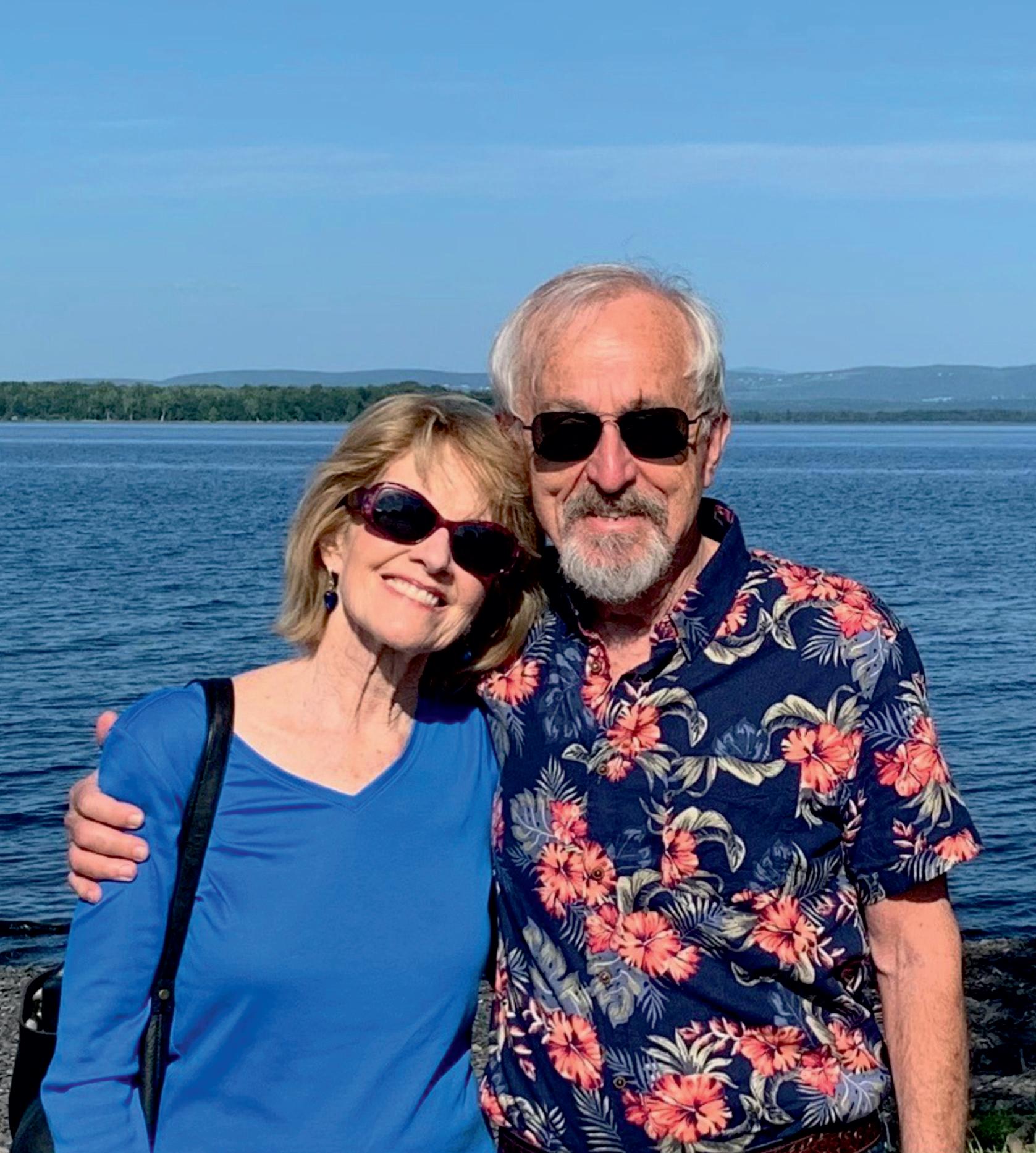

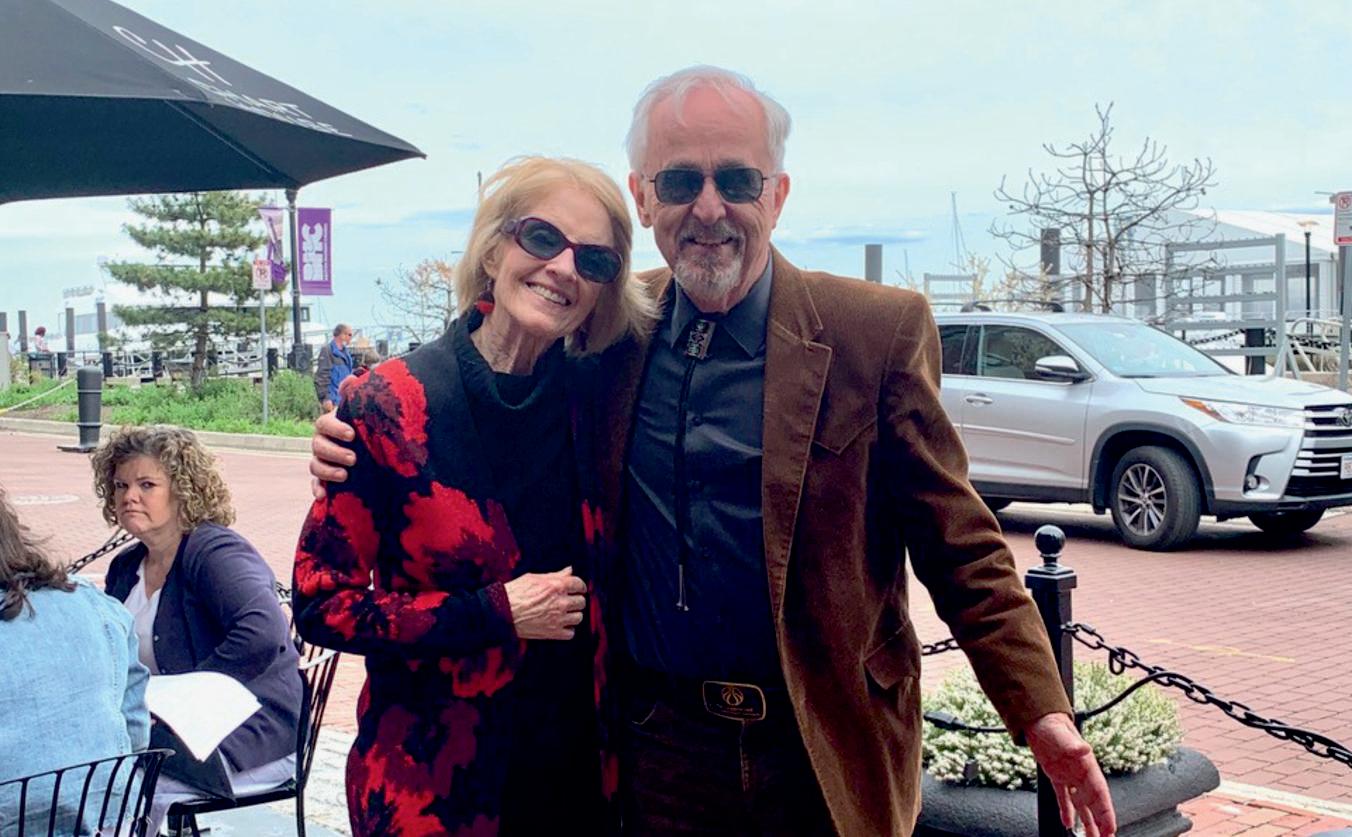
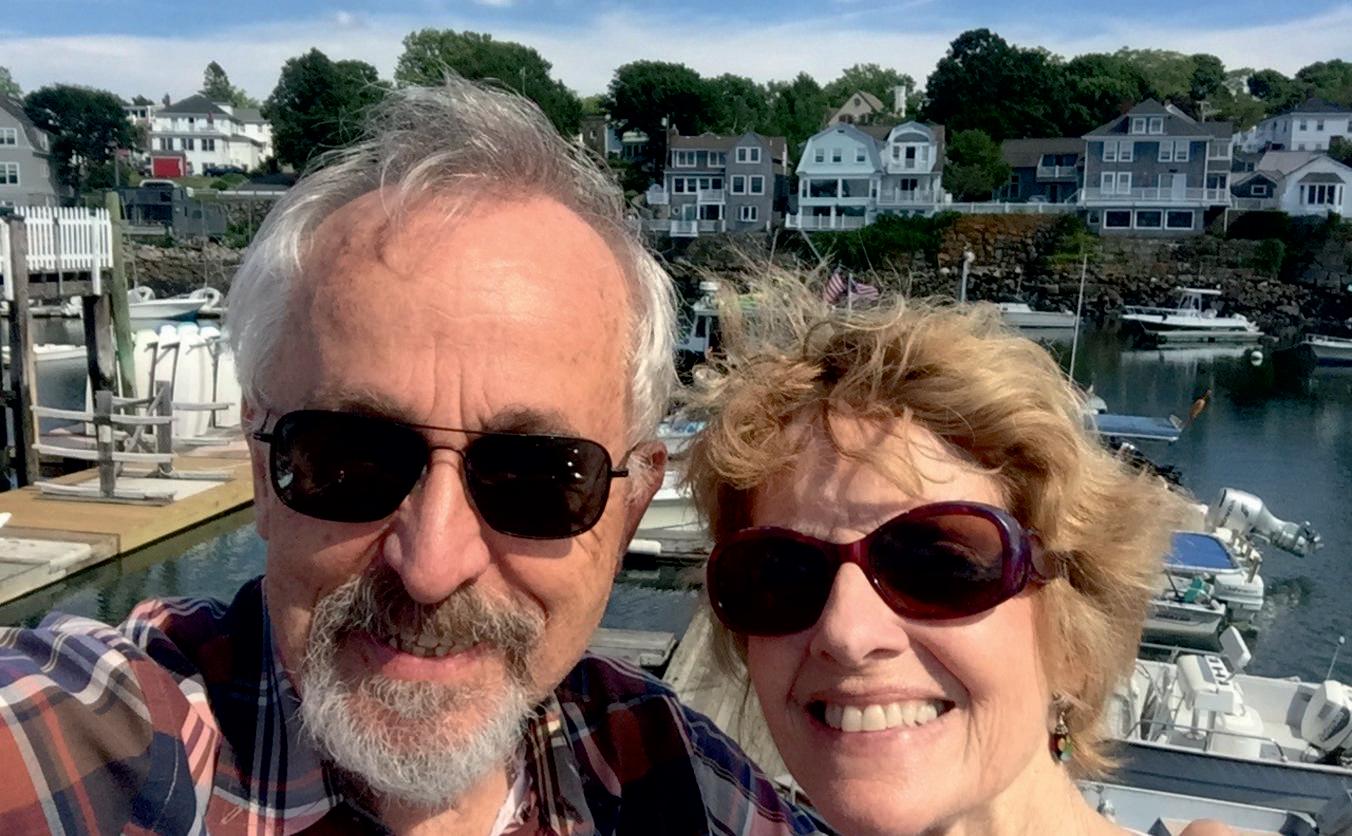
powerful yet invisible professions, touching everything from airlineschedulingtopandemicplanning.
Oneofthemostmemorablemomentsofhiscareerwaswhena student, disheartened by a poor exam grade, considered dropping out Through thoughtful dialogue and mentorship, Larsonhelpedthestudentrediscoverhispassionandimprove his performance dramatically. These moments of impact reaffirm Larson’s belief in the power of mentorship and empatheticguidance.
Professor Larson has always rejected the notion of academic boundaries He sees value in integrating ideas from various fields to tackle global challenges. His work spans disaster planning, urban logistics, pandemic response, smart energy systems,andeducationalreform.
He co-authored and edited six books and penned over 175 scientific publications As co-director of MIT’s Operations Research Center and principal investigator for the MIT BLOSSOMSInitiative,Larsoncontributedtothedevelopment of technology-enhanced learning models that are now used globally.
Throughouthisdistinguishedcareer,RichardLarsonhasbeen honored with numerous prestigious awards His first book, Urban Police Patrol Analysis (1972),receivedtheLanchester Prize. He won multiple "Best Paper of the Year" awards, including those on the modeling of H1N1 influenza vaccine distributionandtheanalysisofSTEMeducationchallenges.
In2015,hewasawardedtheLawrenceM KleinAwardbythe US Department of Labor and was featured in The New York Times These accolades reflect his profound contributions to boththeoreticalresearchanditspracticalapplication.
MentorshipandLeadershipLegacy
Larsonwishestoberememberednotjustasanacademic,butas apersonwhodeeplylovedhisworkandconstantlyaddedvalue tohisfield Hetakesprideinhisstudents’achievements,many of whom have built successful careers in academia, government, and industry. His approach to leadership is not aboutcontrol,butaboutenablingotherstosucceed.
As a mentor, Larson has always encouraged curiosity and independent thought He believes that visionary educators do
notmerelyfollowtrendsbutoftentakeboldstepsthatmayseem riskyatthetime.Itisthiscouragethatsetsthemapart.
DefiningaVisionaryEducator
AccordingtoProfessorLarson,avisionaryeducatorisonewho equips students with the skills and mindset to become critical thinkers and responsible citizens. Visionary leaders don’t just transfer knowledge; they cultivate a lifelong love of learning. They ask their students to challenge assumptions, seek truth, andexploreboldly
Sucheducatorssetthetoneforfuturegenerations Theydonot fear innovation but welcome it as a vehicle for growth. Professor Larson embodies this spirit through his innovative teachingmodelsandcontinuouspursuitofexcellence.
In recent years, Professor Larson has focused on technologyenablededucation,particularlythroughtheMITBLOSSOMS initiative This project delivers interactive STEM lessons to high school students worldwide, especially in underserved regions.
Bycombiningvideoinstructionwithlocalteacherengagement, Larson’smodelenhancesbothlearningandteachingoutcomes Itisascalable,cost-effectivewaytoelevateeducationalquality globally anideadeeplyalignedwithhislifelongmission
ProfessorRichardLarsonstandsasamonumentalfigureinthe field of education. His contributions transcend disciplines, borders,andgenerations Whetheritisthroughhispioneering research, transformative teaching methods, or compassionate mentorship, Larson has reshaped the meaning of being an educator
Hisstoryisnotjustoneofpersonalachievementbutoflasting impact.Hehasshownusthatwheneducationispursuedwith purpose,ithasthepowertoinspire,uplift,andtransformlives. In every lecture delivered, in every student mentored, and in everyresearchpaperwritten,RichardLarsonhaslivedhistruth: thateducationistheladdertoabetterfuture,andnoonecanever takeitawayfromyou
The modern workplace is evolving at an unprecedented
pace, driven by technological advancements, globalization,andchangingworkforceexpectations.In this environment, leadership has moved beyond traditional hierarchical models that emphasized authority and control. Instead,effectiveleaderstodayarethosewhocanadaptquickly, inspire collaboration, and foster resilience Leadership is no longer about directing tasks; it is about creating environments where individuals feel empowered to innovate, learn, and grow while contributing to organizational success Modern leaders must navigate complexities that go far beyond financial performance. They are tasked with balancing profitability with purpose,efficiencywithempathy,andgrowthwithsustainability. Thisrequiresauniqueblendoftechnicalknowledge,emotional intelligence, and strategic vision Organizations that cultivate leaders with these qualities are better equipped to handle disruption and uncertainty, ensuring long-term relevance and impactinanincreasinglycompetitivelandscape.
Oneofthemostcriticalshiftsinmodernleadershipisthegrowing emphasis on emotional intelligence Leaders are no longer evaluatedsolelyontheirabilitytomeetbusinessgoalsbutalsoon their capacity to understand and respond to the emotions and needs of their teams Emotional intelligence enables leaders to build trust, strengthen communication, and foster a sense of belonging, all of which are crucial for high-performing teams. Leaders who can recognize both verbal and non-verbal cues, manage conflict effectively, and provide constructive feedback createhealthierworkplacecultureswhereindividualsfeelvalued andrespected
Equally important is empathy, which has become an indispensableleadershiptrait.Inaworkforcethatisincreasingly diverseandgloballyconnected,leadersmustappreciatedifferent perspectivesandexperiences.Empathyallowsleaderstodesign inclusive strategies, support employee well-being, and respond


thoughtfully to challenges such as burnout or disengagement. By humanizing leadership, empathetic leaders can create stronger connections with their teams, driving loyalty, motivation, and sustained productivity This people-centric approachalsopositionsorganizationsasattractiveemployersin acompetitivetalentmarket
Innovationisthelifebloodofmodernorganizations,andleaders areatthecenterofcultivatingaculturethatsupportscreativity
Effectiveleadersencouragetheirteamstoexperiment,embrace new technologies, and challenge existing processes without fearoffailure Theycreatesafeenvironmentswherecuriosityis rewarded and setbacks are treated as learning opportunities ratherthanshortcomings.Leaderswhonurtureinnovationalso understand the importance of cross-functional collaboration, recognizingthatbreakthroughsoftenoccurwhendiverseideas andexpertiseintersect
Adaptability is equally vital in today’s dynamic business environment Leaders must be agile in responding to shifts in technology,marketdynamics,andcustomerexpectations This means being open to change, continuously seeking new knowledge,andguidingteamsthroughtransitionswithclarity and confidence. Adaptable leaders serve as role models, demonstrating resilience in the face of uncertainty and empoweringtheirteamstodothesame Organizationsledby adaptable leaders are better positioned to respond to crises, pivot strategies when necessary, and seize opportunities in volatilemarkets.
Themodernworkplaceismoreinterconnectedthaneverbefore, with teams often spread across geographies and cultures Leadersmustthereforecultivateaglobalmindsetthatrespects diversityandleveragesitasastrength Inclusivityisnolonger
optional; it is a strategic advantage that fuels creativity and broadensproblem-solvingcapabilities.Leaderswhochampion inclusivity actively remove barriers to participation, ensure equitable access to opportunities, and celebrate diverse contributions Thisapproachcreatesanenvironmentwhereall voices are heard, and innovation is driven by a wide range of perspectives
Collaboration has also become a cornerstone of effective leadership. In contrast to older models that emphasized competition within teams, modern leadership focuses on fostering cooperation and shared accountability Leaders play theroleoffacilitators,bringingtogetherindividualswithvaried skills and aligning them toward common goals They harness digital collaboration tools to bridge physical distances, while also encouraging transparent communication and mutual respect. By doing so, leaders build cohesive teams capable of delivering results in complex and fast-moving business environments
Modernleadershipisnolongerconfinedtomanagingresources and delivering quarterly results. It is about shaping cultures, inspiring people, and navigating change with vision and empathy. Leaders must be emotionally intelligent to connect with their teams, adaptable to guide organizations through uncertainty,andinnovativetoensuresustainedgrowth Atthe sametime,inclusivityandcollaborationareessentialtoharness thefullpotentialofdiverseandgloballydistributedworkforces Asworkplacescontinuetoevolve,sotoomustleadership.The leaders who will succeed in the future are those who balance strategywithhumanity,anddecisivenesswithflexibility.They are the ones who create environments where people thrive, organizationsflourish,andsocietybenefitsfromprogressthatis both sustainable and inclusive By developing modern leadershipskills,today’sleaderscanrisetothechallengesofa dynamicworkplaceandinspirelastingpositivechange







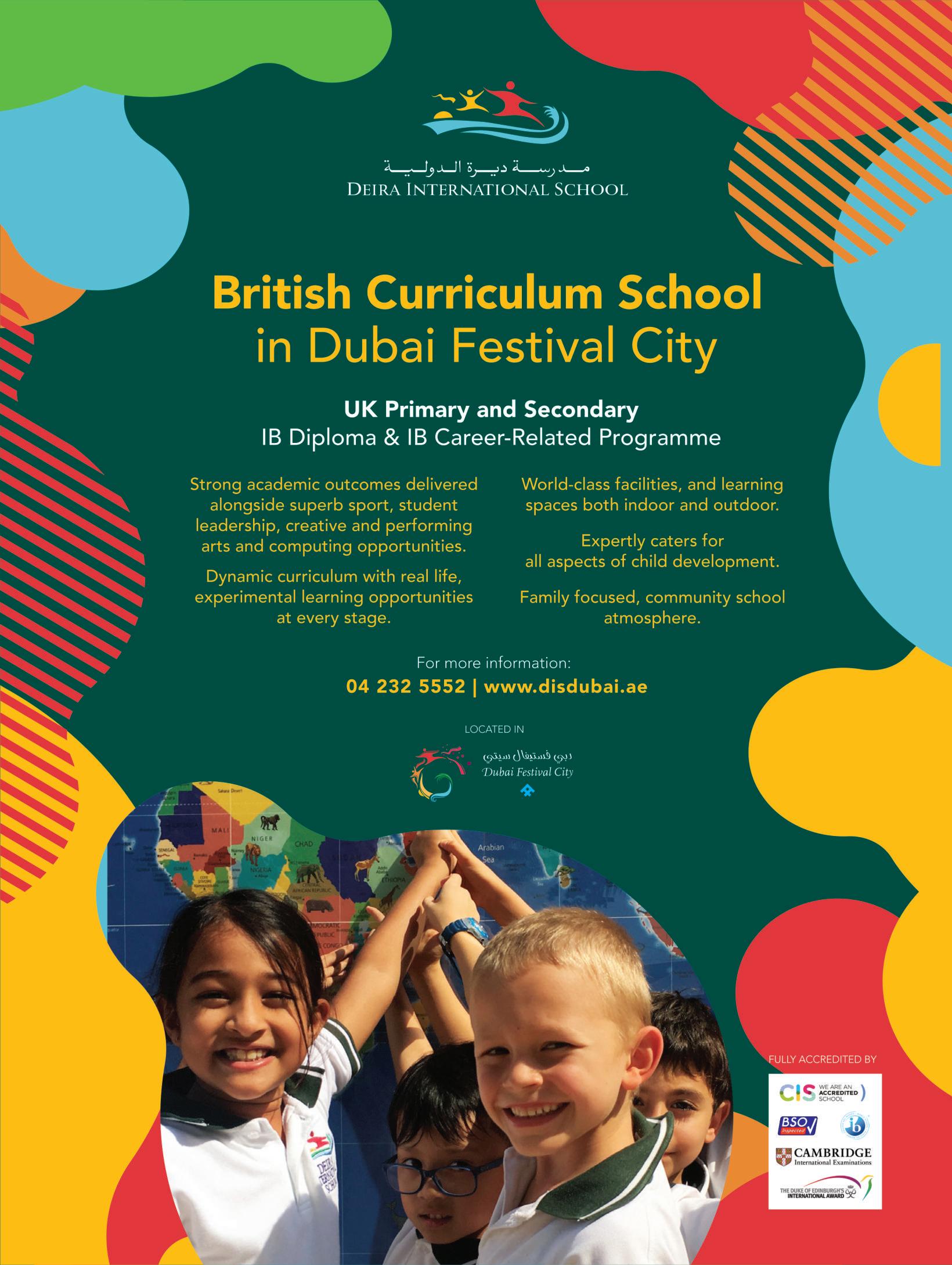
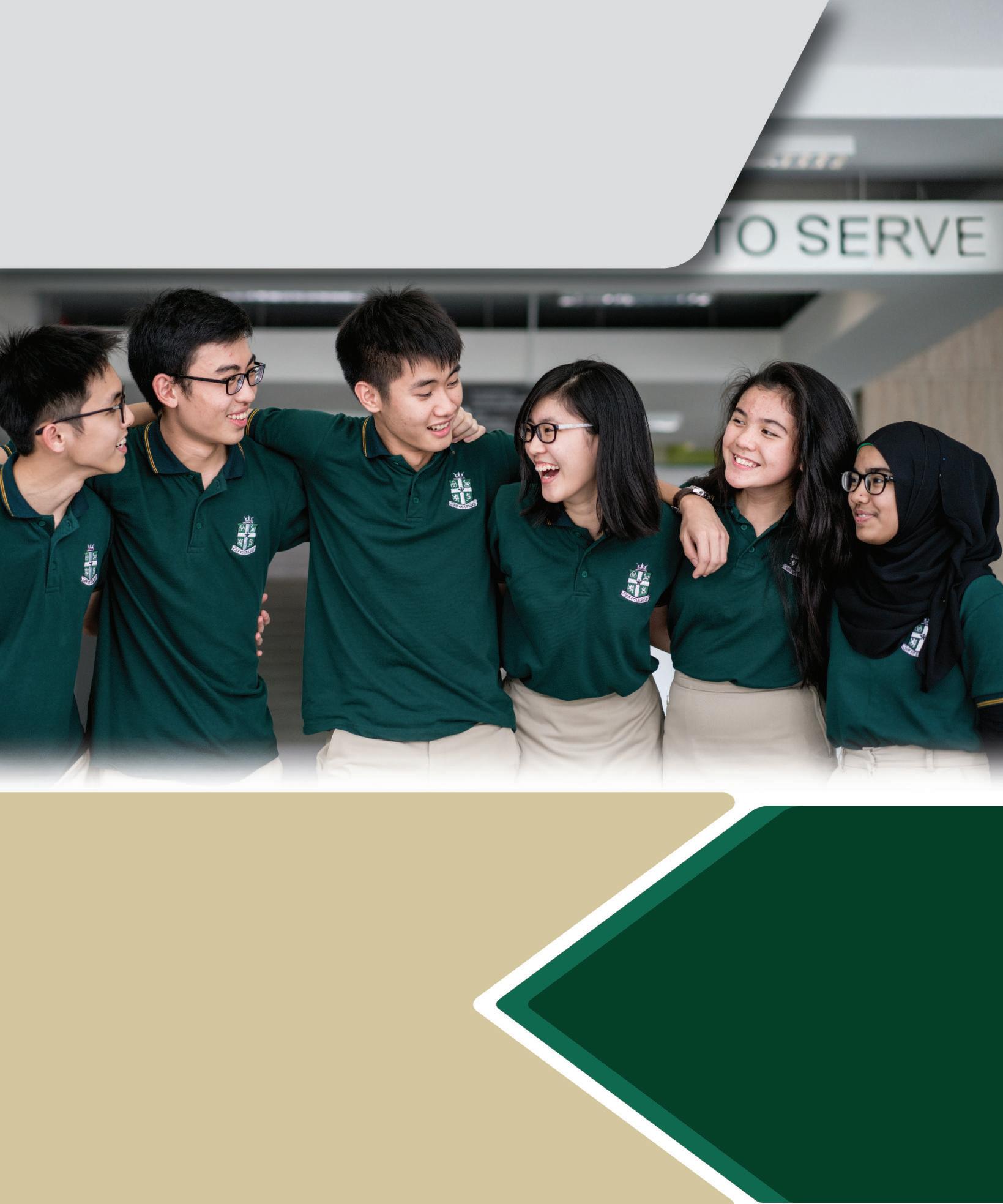




Leadership in today’s world is undergoing a
fundamental transformation. Organizations no longer operate in stable, predictable environments where leaders could rely solely on hierarchy and authority Instead, they must navigate constant technological disruption, shifting marketdemands,andrapidlyevolvingworkforceexpectations This shift requires leaders to rethink how they guide teams, managechange,andcreatelong-termvalueforbothemployees andstakeholders.Modernleadershipisdefinedbyitsabilityto balance innovation with empathy, and strategy with adaptability Success depends not only on achieving financial outcomes but also on building resilient and inclusive organizational cultures Transformative strategies for leadership must therefore address both structural and human dimensions, ensuring that organizations are prepared for challenges while remaining agile enough to seize new opportunities.
A transformative leader must possess high emotional intelligence,whichhasbecomeacriticalassetinbuildingtrust and managing complex interpersonal dynamics. Emotional intelligence enables leaders to understand the needs and motivations of their teams, recognize unspoken concerns, anticipate potential conflicts, and respond with empathy and fairness By practicing self-awareness and self-regulation, leaderscancreatesupportiveenvironmentswhereindividuals feel safe to voice their opinions and contribute openly This fostersstrongercollaboration,higherengagement,andasense ofbelongingthatenhancesoverallteamperformanceandlongtermorganizationalresilience.
Authentic engagement is equally important in building longterm loyalty and commitment. Leaders who demonstrate transparency,consistency,andgenuineconcernfortheirpeople
inspiredeepertrustandmutualrespect.Employeestodayseek not only professional growth but also meaningful alignment with leaders who reflect values such as integrity, fairness, inclusion,andaccountability Authenticleaderswhoengagein honest communication and make thoughtful decisions that prioritize both people and performance help shape organizationsthatareresilient,admired,andrespectedinhighly competitivemarkets.
Inanenvironmentwhereindustriesareconstantlydisruptedby technology and globalization, leaders must prioritize innovation as a core strategy This requires more than just investinginnewtoolsorprocesses Itdemandsamindsetthat encourages experimentation, tolerates risk, embraces continuous learning, and treats failures as opportunities for growth and improvement. Leaders who champion innovation empower their teams to think creatively, challenge outdated practices, and pursue new solutions with confidence and determination By creating a culture that rewards curiosity, encouragesboldthinking,andsupportsexploration,theyensure that organizations remain competitive, adaptable, and futureready.
Agility is another cornerstone of transformative leadership. Agileleadersarepreparedtopivotstrategies,adapttoshifting customer expectations, and guide teams through uncertainty withclarityanddecisiveness Thisadaptabilitynotonlyhelps organizations withstand disruption but also positions them to identify, evaluate, and seize new opportunities ahead of competitors. Leaders who embrace agility act as role models, demonstrating resilience, openness, and flexibility, which inspiressimilarbehaviorsacrosstheirteams.Indoingso,they prepare organizations for sustained growth in increasingly dynamicandunpredictablemarkets
Modernleadersmustalsorecognizethevalueofinclusivityand collaboration in shaping high-performing organizations. A diverseworkforcebringstogetherawiderangeofperspectives,
experiences, and problem-solving approaches that fuel creativity and innovation. Leaders who prioritize inclusivity ensurethatallvoicesareheardandvalued,removingbarriers thathinderparticipationandgrowth Byembeddingequityand fairness into decision-making, they build cultures where individualsfeelrespectedandmotivatedtocontributetheirbest efforts
Equally important is cultivating a global perspective. With businessesoperatingacrossmultiplegeographiesandcultures, leaders must navigate complex dynamics that extend beyond localboundaries Aglobalmindsetallowsleaderstoappreciate cultural differences, foster cross-border collaboration, and design strategies that are relevant in diverse markets Leaders who combine inclusivity with a global perspective not only enhance organizational effectiveness but also strengthen their position in the global economy by leveraging diversity as a sourceofcompetitiveadvantage.
Transformative leadership is about more than adapting to change Itisaboutcreatingtheconditionsinwhichpeopleand organizations can thrive together. By cultivating emotional intelligenceandauthenticengagement,leaderscanbuildtrust and loyalty that form the foundation of resilient teams. By driving innovation and embracing agility, they ensure that organizationsremainrelevantandcompetitiveinfast-changing environments By fostering inclusive collaboration and adopting a global perspective, they harness the power of diversityandpositiontheirorganizationsforlong-termsuccess. Thechallengesofthemodernworkplacedemandleaderswho are visionary yet grounded, strategic yet empathetic, and adaptable yet principled. Transformative strategies enable leaders to rise to these challenges, guiding their teams with clarityandpurpose Astheworkplacecontinuestoevolve,the most successful leaders will be those who embrace transformationnotasaresponsetochangebutasacontinuous processofgrowth,innovation,andinclusion.Bydoingso,they create enduring value for their organizations and meaningful impactforsocietyatlarge.

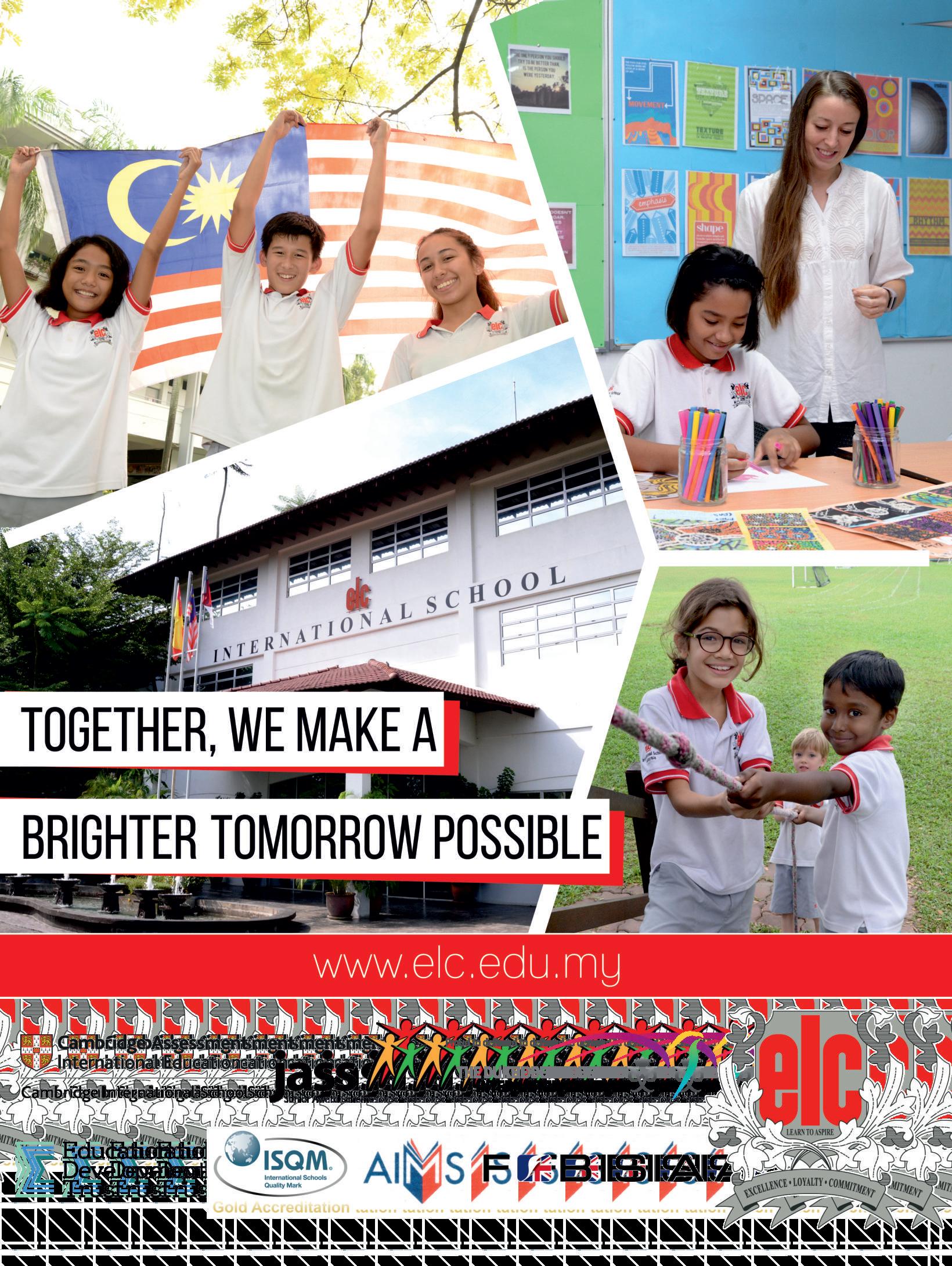
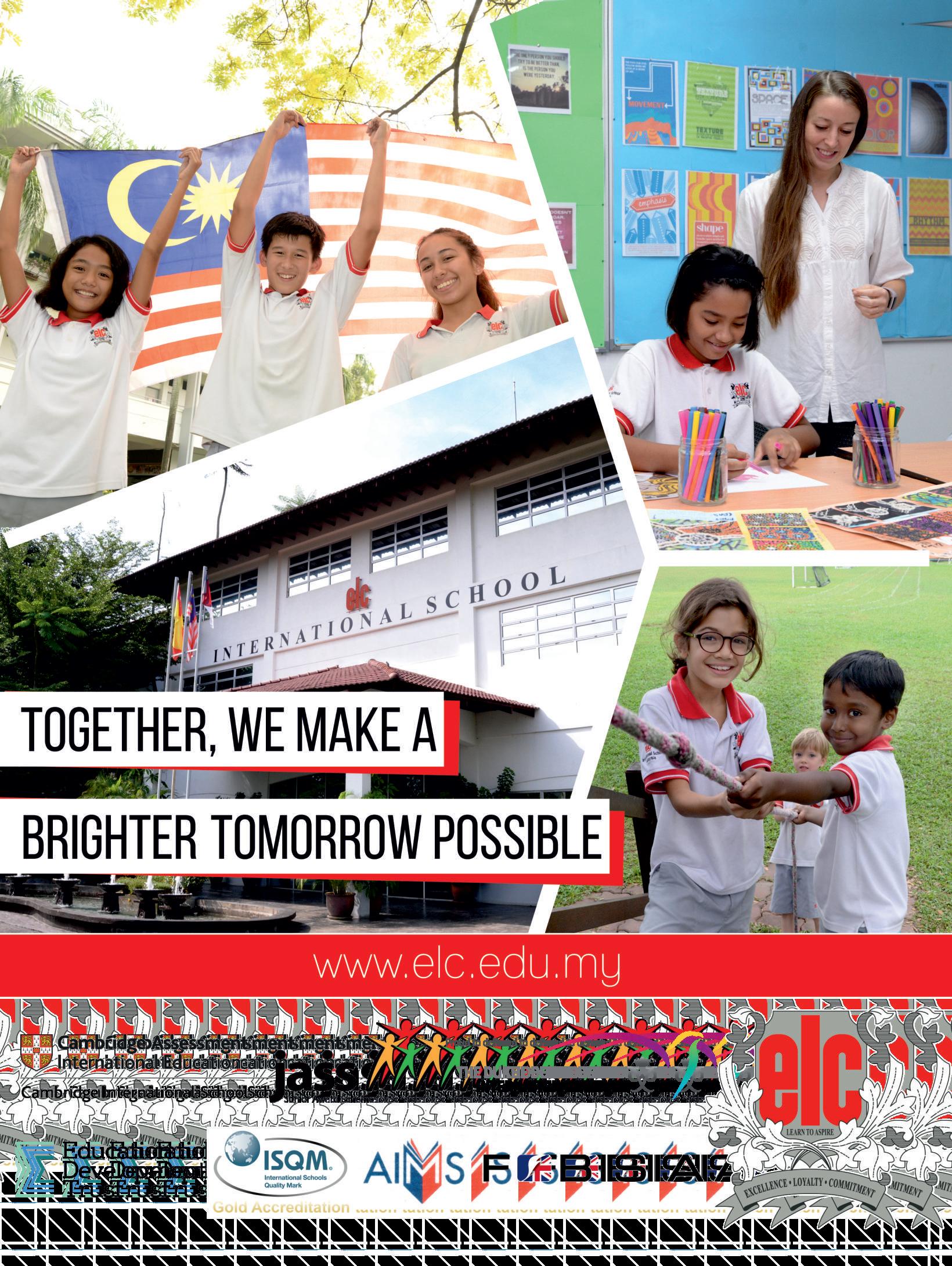

www.enterprisereviewmedia.com
